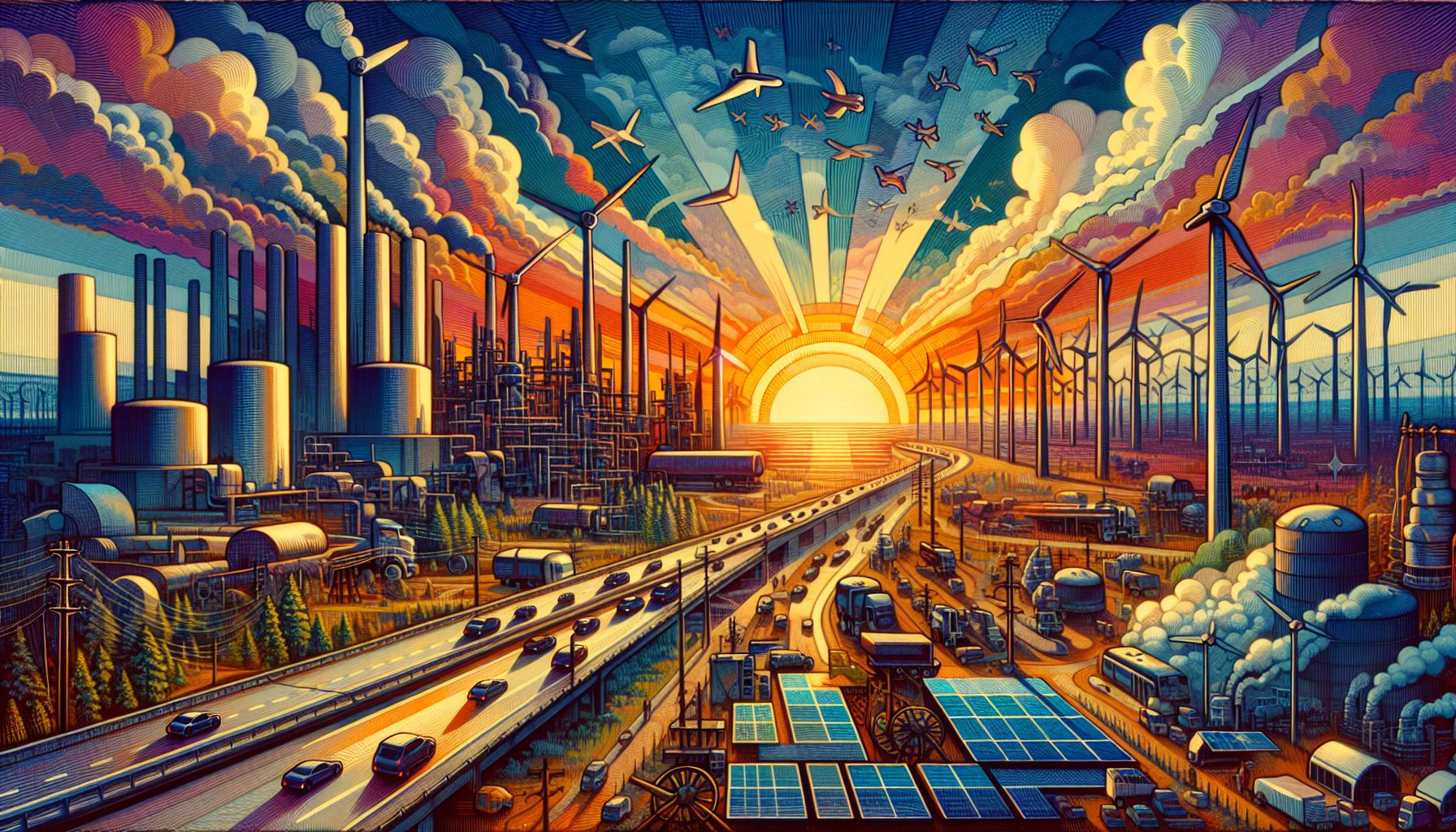China's EV Boom Slows Oil Demand Growth, Goldman Sachs Reports

New York, Wednesday, 21 August 2024.
China’s massive shift towards electric vehicles and natural gas has significantly slowed the country’s oil demand growth, according to Goldman Sachs. This trend highlights the accelerating global transition to renewable energy sources and raises questions about China’s economic strategy amid broader slowdown concerns.
EV Adoption and Oil Demand
China’s oil demand growth has decreased to 200,000 barrels per day in 2024, with an overall consumption reduction of 300,000 barrels per day. This significant decline is attributed to the country’s rapid adoption of electric vehicles (EVs) and natural gas, according to analysts from Goldman Sachs. The switch from gasoline-powered cars to EVs and hybrid vehicles alone is estimated to reduce demand by 500,000 barrels per day[1].
Record EV Sales in China
In June 2024, China’s EV sector witnessed record sales, with major manufacturers like BYD and Geely catching up to Tesla in terms of innovation. This surge is part of a broader trend where China’s EV market has seen exponential growth, supported by significant government investments and strategic initiatives. China’s EV industry is now a global leader, not just in production but also in technology and market penetration[2].
Global Market Expansion
Chinese EV makers are also expanding their footprint globally. In August 2024, several Chinese EV brands, including Geely’s Zeekr and Xpeng Motors, launched their premium electric SUVs in Singapore. This move aligns with Singapore’s ambitious plans to phase out diesel cars by 2025 and internal combustion engine vehicles by 2030, aiming for all vehicles to be powered by clean energy by 2040. This expansion is part of China’s broader strategy to dominate the global EV market through competitive pricing and advanced technology[3].
Infrastructure Developments
The State Grid Corp. of China is significantly expanding its EV supercharging network in Beijing. As of mid-August 2024, the utility has launched two supercharging stations in the capital, with plans to add nine more by the end of the year. These stations can supply power to 700 cars daily, with each charging link having a maximum power output of 600 kilowatts. This infrastructure development is crucial for supporting the growing number of EVs and further reducing gasoline demand[4].
Economic Implications
While the shift to renewable energy sources is beneficial for the environment, it also raises concerns about China’s economic strategy. Goldman Sachs analysts have noted that although the transition to EVs and natural gas does not lower GDP, it highlights the fragility of China’s manufacturing sector, which is already facing challenges from overcapacity and a broader economic slowdown. Issues in the property sector and weak consumer sentiment further complicate the economic landscape[1].
Trade Tensions
China’s dominance in the EV market has also led to trade tensions, particularly with the European Union. In July 2024, the EU imposed provisional anti-subsidy tariffs on Chinese EV imports, citing unfair subsidization. China’s Commerce Ministry has challenged these tariffs at the World Trade Organization, aiming to protect its EV industry’s development rights and interests. This dispute is part of broader trade tensions that could impact global supply chains and market dynamics[5].

